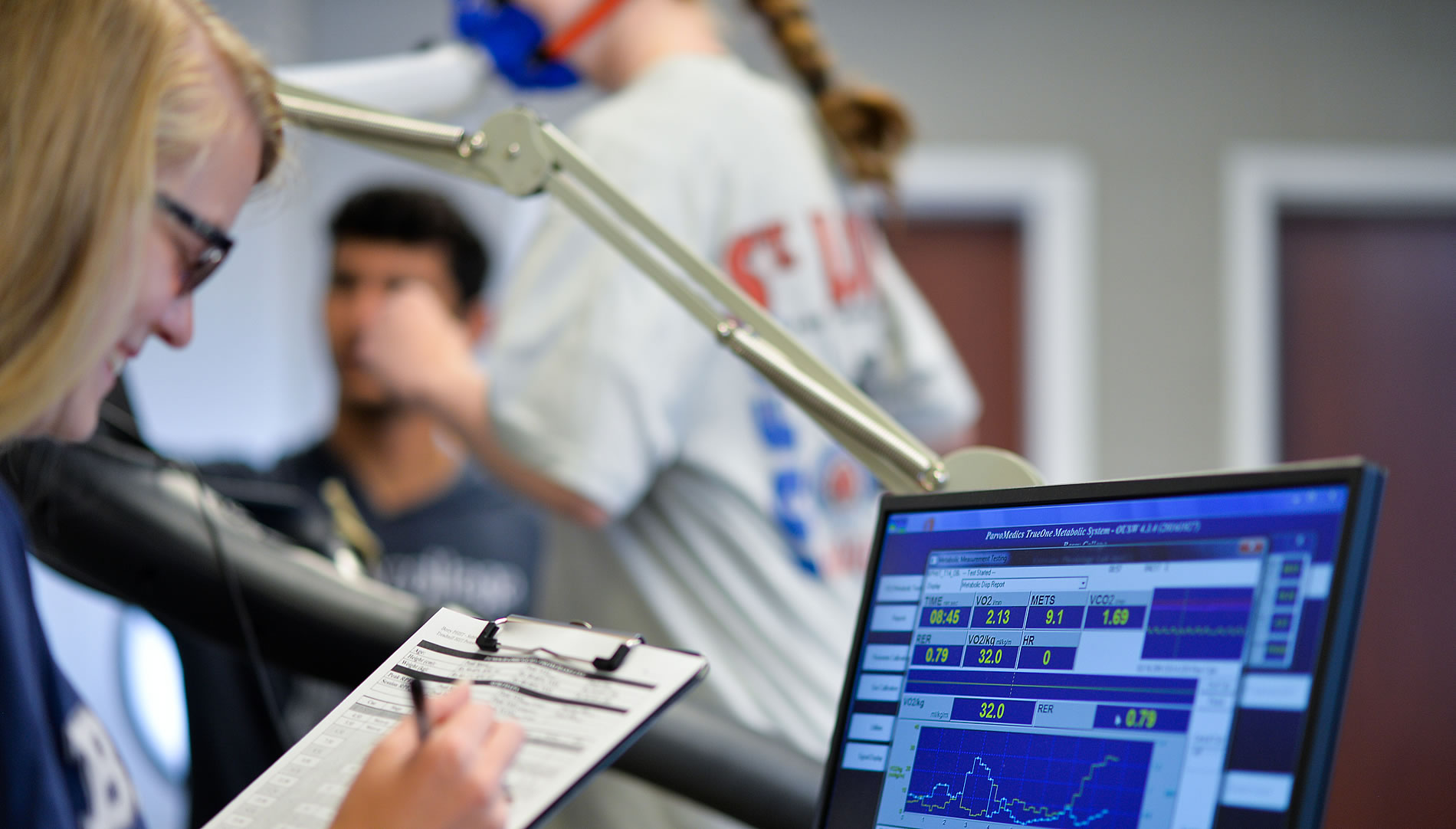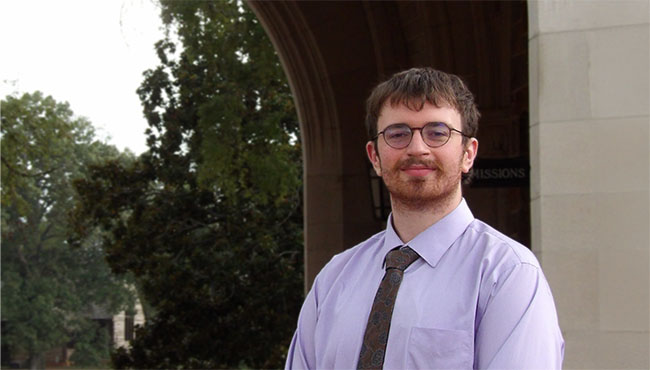The way humans move — running, jumping, throwing and everything in between — fascinates you. And you’re not alone. There was a 52 percent increase in the number of students who graduated with kinesiology and exercise science bachelor’s degrees from 2012 to 2018. While studying physical motion sounds intriguing, you might not be completely sure of what the field entails.
Just what is exercise science? Get ready for a quick overview of this fitness-focused discipline.
What is exercise science, exactly?
Broadly speaking, exercise science is the study of human movement. But it’s more complicated than it might sound. As an exercise science student, you’ll need to learn the ins and outs of anatomy, physiology and biomechanics.
As you progress in your studies, you’ll start to gain a fuller picture of how exercise and nutrition can prevent illness and help people live healthier lives. It’s truly the science behind movement and physical wellness.
What does a typical exercise science program entail?
Every exercise science program will differ slightly. Many schools emphasize subjects that are particularly relevant to their location or mission, often offered as electives. Some colleges even allow students to shape their degree around interests like strength and conditioning or clinical health.
That said, there are a number of courses nearly every exercise science student will complete. These include:
- Anatomy
- Biology
- Biomechanics
- Exercise Physiology
- Nutrition
- Research methods
Most programs include some sort of capstone project. This often takes the form of a research project or thorough report. Some schools, like Berry College, choose to incorporate an internship component, which helps students start preparing for the professional world. Those experiences can be incredibly valuable for networking and developing key skills.
What are some common exercise science careers?
A bachelor’s degree in exercise science is a great stepping stone for students interested in becoming physical therapists, doctors, physician assistants and other types of providers. These roles all involve obtaining education beyond four years of undergraduate study.
To gain acceptance into advanced degree programs that lead to these medical professional roles, students need to complete prerequisite courses. There can be some variation depending on the specific school and degree. But as long as you work closely with your pre-health advisor to take the proper electives, you should have no trouble meeting requirements.
Perhaps you’re not interested in obtaining an advanced degree. Or maybe you’d like to gain some work experience prior to continuing your education. Either way, you can pursue numerous exercise science careers with a bachelor’s degree. Here’s a sampling of your options:
- Athletic director
- Exercise physiologist
- Personal trainer
- Health educator
- Wellness director
What exercise science skills do employers value most?
There are clearly a lot of professional paths available for candidates with a bachelor’s degree in exercise science. But a degree alone doesn’t qualify you for those roles. You’ll also need to develop a number of important skills.
In an analysis of more than 8,000 job postings available to candidates with a bachelor’s degree in exercise science from the last year, employers listed which competencies they’re seeking.* Commonly cited specialized skills include:
- Cardiopulmonary resuscitation (CPR)
- Customer service
- Staff management
- Strength and conditioning
- Injury prevention
- Advanced cardiac life support (ACLS)
But soft skills, the ones that cut across disciplines, are equally important. The same analysis shows employers want professionals who are good communicators, creative thinkers and great team players.
What’s the job outlook for exercise science careers?
While consumer tastes change over time, there’s an enduring interest in health and wellness. One survey of more than 20,000 people shows that physical fitness is important to every generation. According to the results, the average American exercises nearly three times per week. This is great news for students considering a career in exercise science, because it means they can expect a certain level of job security.
The exact job outlook for each wellness-related career is a bit different. The U.S. Bureau of Labor Statistics (BLS) shows that the types of positions you can pursue with a bachelor’s degree in exercise science — coach, exercise physiologist, fitness trainer and health educator — all have a bright future. Employment of professionals in these roles is projected to grow anywhere from 11 percent to 16 percent through 2029.
Start training for your future in exercise science
It’s clear that exercise science is really about promoting health and fitness. That’s an exciting prospect for students like you.
If you’re intrigued by the idea of pursuing a degree in exercise science, you may want to learn more about some of the potential career paths you could pursue. Familiarize yourself with those roles by reading the article “What Can You Do with an Exercise Science Degree? 10 Fitness-Focused Careers.”
*Source: Burning-glass.com (analysis of 8,304 job postings seeking candidates with a bachelor’s in exercise science, April 1, 2020 – March 31, 2021)


